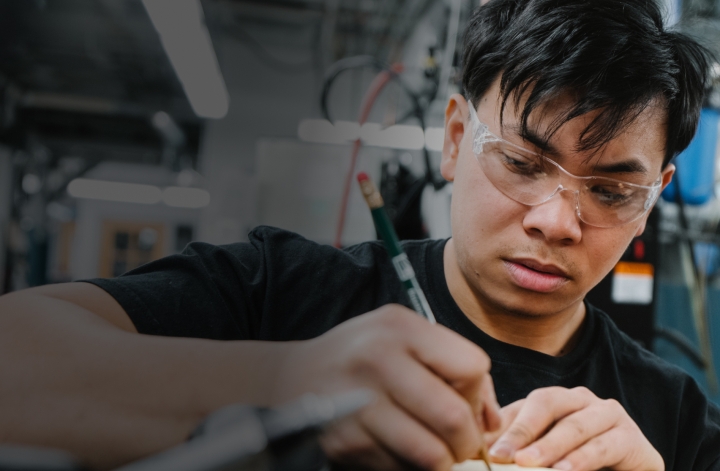Dartmouth Joins National AI Institute to Advance Mental Health Solutions

Dartmouth College has been selected as a primary partner in a newly established artificial intelligence institute aimed at enhancing mental health treatment. Backed by the National Science Foundation, this initiative builds on Dartmouth’s innovative research in digital therapeutics for addiction and behavioral health disorders. The institute, known as the AI Research Institute on Interaction for AI Assistants (ARIA), will focus on “use-inspired” research that leverages AI technology to improve mental health care.
Located at Brown University, ARIA received a significant boost with a five-year, $20 million grant from the National Science Foundation. The institute’s overarching goal is to develop next-generation AI assistants capable of understanding individual behavioral needs and delivering timely, effective feedback. Dartmouth’s involvement was announced on July 29 as part of a broader initiative that includes five National Artificial Intelligence Research Institutes, all funded by a $100 million investment from the NSF. This initiative aligns with the White House’s AI Action Plan, reinforcing the United States’ commitment to leadership in AI development.
Research Focus Areas and Leadership
The Center for Technology and Behavioral Health (CTBH) at Dartmouth will spearhead efforts within ARIA, with faculty and researchers from various departments leading the charge. According to Lisa Marsch, the founding director of CTBH, the institute aims to create science-driven best practices for developing AI tools that engage individuals about their mental health and substance use in a trustworthy and sensitive manner.
In its inaugural year, Dartmouth researchers will tackle a project that identifies physiological, behavioral, and cognitive shifts in individuals experiencing major depressive disorder. This research aims to detect early signs of serious symptoms, allowing for timely interventions. In the second year, the focus will shift to substance use disorders, particularly opioids, examining how physiological states and environmental triggers influence drug use.
Marsch emphasized the importance of integrating data from behavioral sensing, AI, and cognitive neuroscience to understand how these factors contribute to mental health and substance use behaviors.
Key faculty members involved in ARIA include:
– Lisa Marsch, Andrew G. Wallace Professor of Psychiatry and Biomedical Data Science, who will ensure that practical applications remain central to ARIA’s research and outreach initiatives.
– Andrew Campbell, Albert Bradley 1915 Third Century Professor in Computer Science, will lead the mental health testbed and oversee the integration of new technologies into AI prototypes.
– Nicholas Jacobson, Associate Professor of Biomedical Data Science, will contribute his expertise from the AIM HIGH Lab, which focuses on developing AI tools for mental health care.
– Steven Frankland, Assistant Professor in Cognitive Science, will guide research on cognitive mechanisms that enhance AI systems’ adaptability and empathy.
Future Aspirations and Collaborations
CTBH is recognized as the only Center of Excellence focused on digital health tools designated by the National Institute on Drug Abuse. Under Marsch’s leadership, the center has pioneered several initiatives, including the first FDA-authorized digital intervention for addiction treatment.
Campbell’s research has demonstrated the potential of mobile technology in evaluating mental health, such as the StudentLife study, which monitored students’ mental health through an app. His collaborations have resulted in innovative applications like MoodCapture and MindScape, which combine AI and behavioral sensing to deliver personalized interventions.
The ARIA institute also plans to engage mental health professionals through workshops and educational programs, aiming to implement AI innovations into clinical settings effectively. The initiative will host annual meetings at different partner institutions, with Dartmouth set to host the fifth meeting in 2030.
As ARIA strives to bridge the gap between human and AI intelligence, the focus remains on developing reliable and user-friendly systems that can adapt to the complex nature of mental health treatment. The collaborative efforts of Dartmouth and its partners are expected to shape the future of AI in mental health care, ultimately enhancing the support available to those in need.






